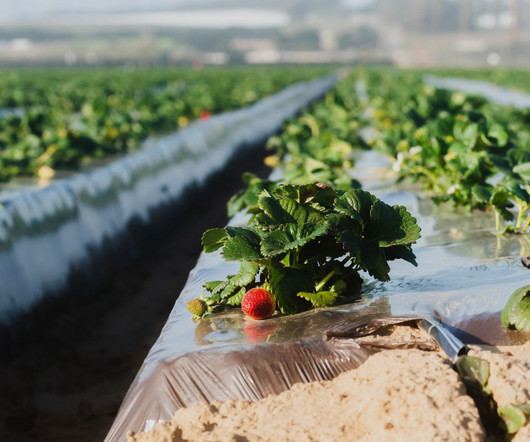Are Next-Gen Synthetic Fibers the Future of Sustainable Textiles?
Modern Farmer
MARCH 1, 2024
Both durable and efficient, with no need for farmland or vast amounts of water, it threatened to leave natural fibers like cotton in the dust. In addition, most natural fibers are grown conventionally, which often means heavy use of pesticides, synthetic fertilizers and genetically modified or treated seeds. Enter next-gen synthetics.










Let's personalize your content